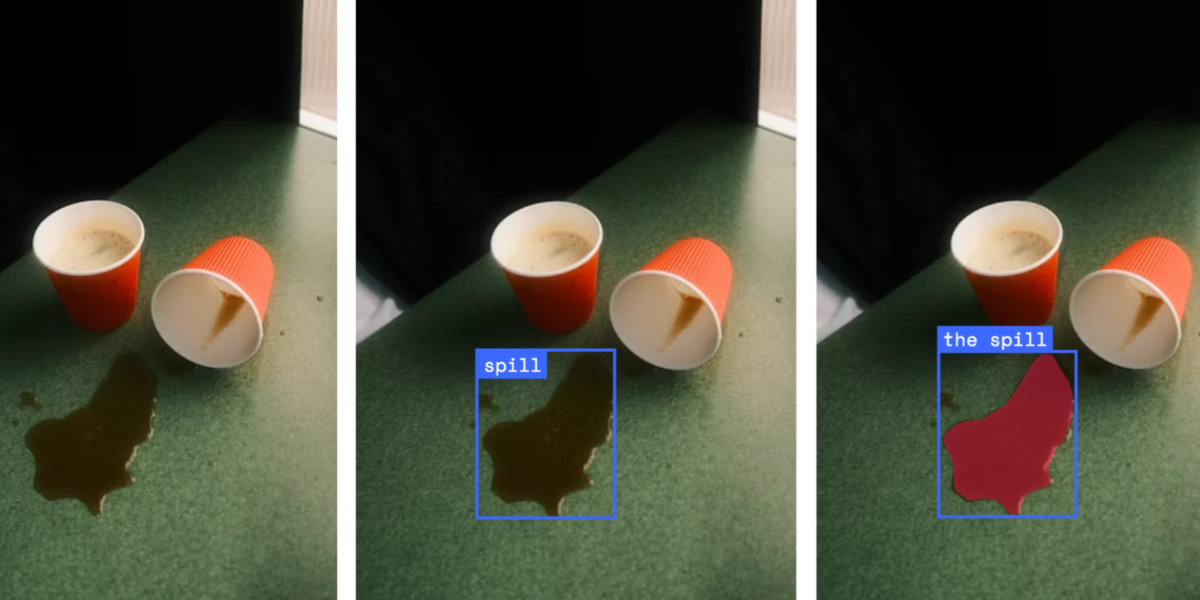Build Your First Rust CLI Tool: A Beginner-Friendly Walkthrough
Command-line tools are a great way to automate tasks, process data, or even just have fun with small utilities. Rust is an excellent language for this because it compiles to fast, standalone binaries with no runtime dependency and offers strong safety guarantees. In this article, we’ll walk through building a simple CLI tool in Rust that reads a file and counts the number of words—similar to the Unix wc command. Step 1: Set Up Your Project Start by creating a new binary project: cargo new wordcount --bin cd wordcount This gives you a working Rust project with src/main.rs as your entry point. Step 2: Parse Command-Line Arguments To keep things simple, we'll use the built-in std::env module to fetch the file path from the command line: use std::env; use std::fs; fn main() { let args: Vec = env::args().collect(); if args.len() < 2 { eprintln!("Usage: wordcount "); std::process::exit(1); } let filename = &args[1]; let contents = fs::read_to_string(filename) .expect("Something went wrong reading the file"); let word_count = contents.split_whitespace().count(); println!("Word count: {}", word_count); } Step 3: Build and Test It Build the project: cargo build --release Try it out: ./target/release/wordcount sample.txt If everything works, you should see the number of words printed to the terminal. Use Case Scenario Imagine you're managing hundreds of text-based logs generated daily by a data pipeline. Manually reviewing them is inefficient. A fast CLI tool like this one can help you quickly analyze the logs—perhaps to find the lengthiest reports, flag empty files, or identify unusually verbose entries. With minimal setup, you can extend the tool to scan directories, summarize data, or even integrate into shell scripts. The result is better visibility into your data with significantly reduced manual effort—saving both time and cognitive load in your workflow. ✅ Pros and ❌ Cons of Using Rust for CLI Tools ✅ Pros: ⚡ Blazing fast binaries

Command-line tools are a great way to automate tasks, process data, or even just have fun with small utilities. Rust is an excellent language for this because it compiles to fast, standalone binaries with no runtime dependency and offers strong safety guarantees.
In this article, we’ll walk through building a simple CLI tool in Rust that reads a file and counts the number of words—similar to the Unix wc command.
Step 1: Set Up Your Project
Start by creating a new binary project:
cargo new wordcount --bin
cd wordcount
This gives you a working Rust project with src/main.rs as your entry point.
Step 2: Parse Command-Line Arguments
To keep things simple, we'll use the built-in std::env module to fetch the file path from the command line:
use std::env;
use std::fs;
fn main() {
let args: Vec = env::args().collect();
if args.len() < 2 {
eprintln!("Usage: wordcount ");
std::process::exit(1);
}
let filename = &args[1];
let contents = fs::read_to_string(filename)
.expect("Something went wrong reading the file");
let word_count = contents.split_whitespace().count();
println!("Word count: {}", word_count);
}
Step 3: Build and Test It
Build the project:
cargo build --release
Try it out:
./target/release/wordcount sample.txt
If everything works, you should see the number of words printed to the terminal.
Use Case Scenario
Imagine you're managing hundreds of text-based logs generated daily by a data pipeline. Manually reviewing them is inefficient. A fast CLI tool like this one can help you quickly analyze the logs—perhaps to find the lengthiest reports, flag empty files, or identify unusually verbose entries. With minimal setup, you can extend the tool to scan directories, summarize data, or even integrate into shell scripts. The result is better visibility into your data with significantly reduced manual effort—saving both time and cognitive load in your workflow.
✅ Pros and ❌ Cons of Using Rust for CLI Tools
✅ Pros:
- ⚡ Blazing fast binaries









































































































































































![[The AI Show Episode 156]: AI Answers - Data Privacy, AI Roadmaps, Regulated Industries, Selling AI to the C-Suite & Change Management](https://www.marketingaiinstitute.com/hubfs/ep%20156%20cover.png)
![[The AI Show Episode 155]: The New Jobs AI Will Create, Amazon CEO: AI Will Cut Jobs, Your Brain on ChatGPT, Possible OpenAI-Microsoft Breakup & Veo 3 IP Issues](https://www.marketingaiinstitute.com/hubfs/ep%20155%20cover.png)






















































































































![[DEALS] 1min.AI: Lifetime Subscription (82% off) & Other Deals Up To 98% Off – Offers End Soon!](https://www.javacodegeeks.com/wp-content/uploads/2012/12/jcg-logo.jpg)














































































































































_incamerastock_Alamy.jpg?width=1280&auto=webp&quality=80&disable=upscale#)
_Brain_light_Alamy.jpg?width=1280&auto=webp&quality=80&disable=upscale#)






























































































![Nothing Phone (3) has a 50MP ‘periscope’ telephoto lens – here are the first samples [Gallery]](https://i0.wp.com/9to5google.com/wp-content/uploads/sites/4/2025/06/nothing-phone-3-telephoto.jpg?resize=1200%2C628&quality=82&strip=all&ssl=1)























































































